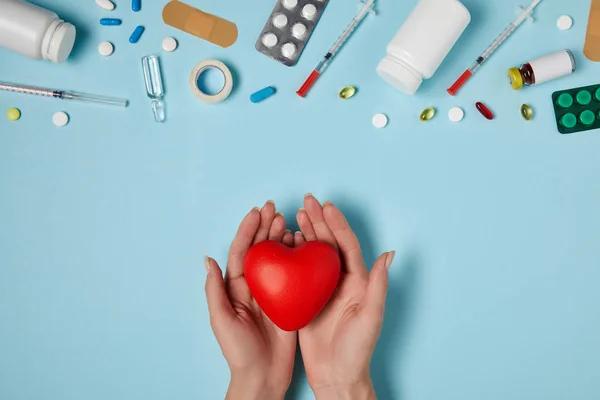The right nutrition plays a crucial role in muscle gain and recovery. While many people focus on workout routines and fitness regimens, the importance of diet cannot be overstated. One of the key components that should dominate any muscle-building diet is protein. Consuming high-protein foods not only aids in building muscles but also helps in repairing body tissues, making hormones, and supporting a healthy immune system.
Protein can be found in both animal-based and plant-based sources. Animal-based sources include lean meats like chicken, turkey, fish, eggs, milk and other dairy products which are rich in essential amino acids necessary for muscle growth. On the other hand, plant-based proteins include lentils, chickpeas, quinoa, tofu and nuts among others. These provide an excellent alternative for those following vegetarian or vegan diets.
Incorporating high-protein foods into your daily meals does not have to be complicated or time-consuming either. Simple changes can make a big difference over time. For instance, starting your day with a protein-packed breakfast such as Greek yogurt with fruits or scrambled eggs can kick-start your metabolism while providing you with ample energy for your morning workout session.
Similarly lunch could consist of grilled chicken breast or tuna salad while dinner could be salmon fillet or lentil curry if you prefer plant-based options. Snacks throughout the day should also contain some form of protein; think handfuls of almonds or cottage cheese with fresh berries.
However it’s important to remember that while protein is vital for muscle gain it should not make up 100% of your dietary intake; carbohydrates and fats are equally important as they provide the energy required to fuel workouts and assist in nutrient absorption respectively.
Moreover consuming too much protein without an accompanying exercise routine may lead to weight gain rather than muscle development so balance is key here; aim for around 15-25% of total caloric intake from protein depending on individual needs and activity levels.
In addition to diet, hydration is equally critical for muscle recovery and growth. Water helps transport nutrients including protein to your muscles, aids in digestion and keeps the body functioning optimally.
To sum it up, incorporating high-protein foods into your diet can significantly boost your muscle gain efforts when combined with regular exercise. However it’s important to maintain a balanced diet that includes all macronutrients and stay hydrated. Remember that while nutrition plays a key role in muscle gain, consistency in both diet and workout routine will yield the best results over time. So take charge of your nutrition today and see strength in every bite!



